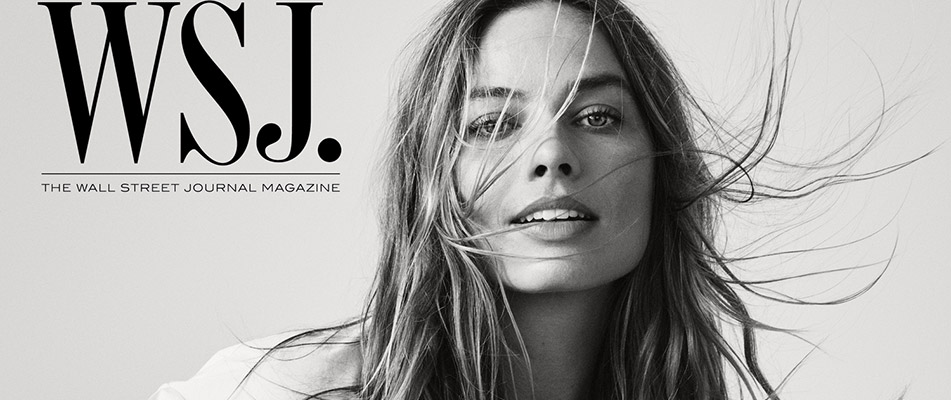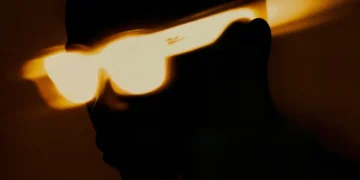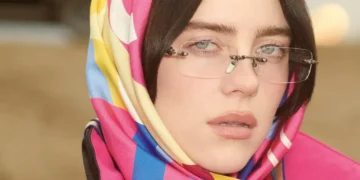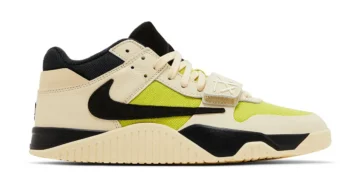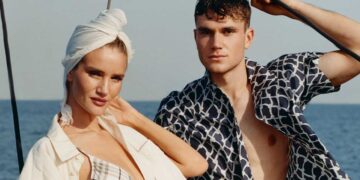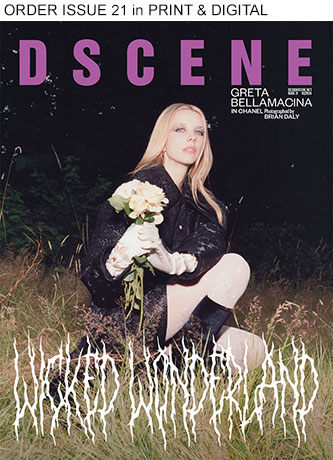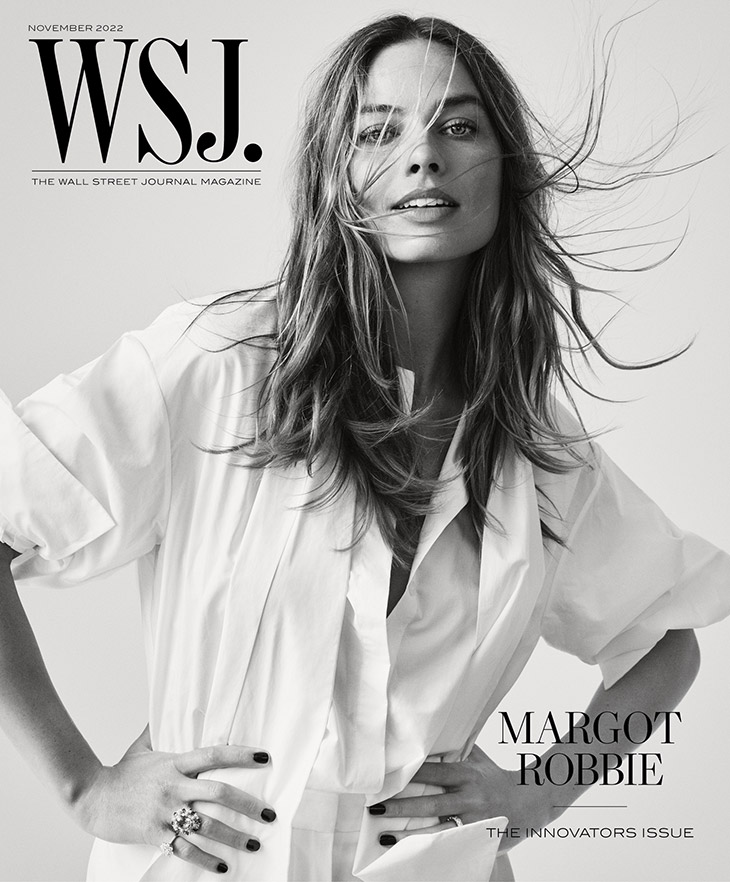
Australian actress and producer Margot Robbie stars in the cover story of WSJ. Magazine‘s November 2022 edition lensed by fashion photographer Cass Bird. In charge of styling was Katelyn Gray, with set design from Patience Harding, and production by Lola Production. Beauty is work of hair stylist Bryce Scarlett, makeup artist Pati Dubroff, and manicurist Betina R. Goldstein.
On her character choices after her breakthrough on The Wolf of Wall Street:
On Suite Française’s set, in 2013, “I play a French peasant, and trust me, I looked revolting,” she says via Zoom. (Her screen name reads “Maggot,” her childhood nickname, rather than “Margot.”) “Then I did Z for Zachariah… and again, I looked revolting. By that time, I thought, I’ve shown people.”
On the genesis of her production company, LuckyChap:
Robbie made friends with Suite Française’s assistant directors Josey McNamara and Tom Ackerley. Both became her business partners, along with her childhood friend Sophia Kerr; she later married Ackerley.
“I remember saying, ‘Every time I pick up a script, I want to play the guy,’” Robbie recalls. “‘Wouldn’t it be so cool if people pick up scripts that we’re making and always wanted to play the female role?’”
On launching LuckyChap with her partners:
“[We were] too young and dumb to know how scary [it would] be,” she says. “Starting it all off on a kitchen bench in London, everyone was like: ‘They’re such idiots…it would be a miracle if they did anything.’”
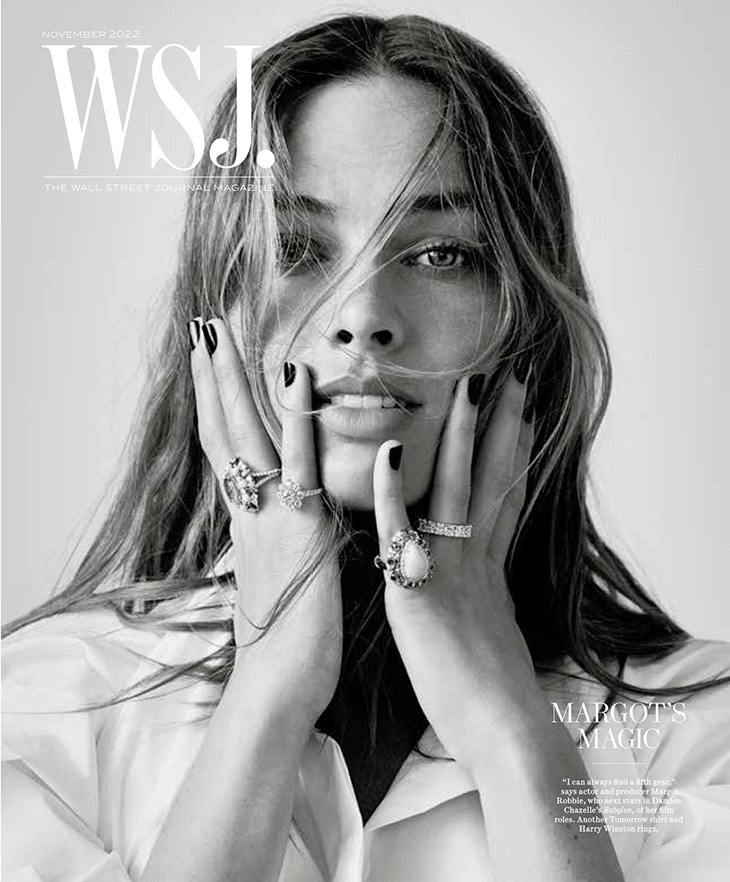
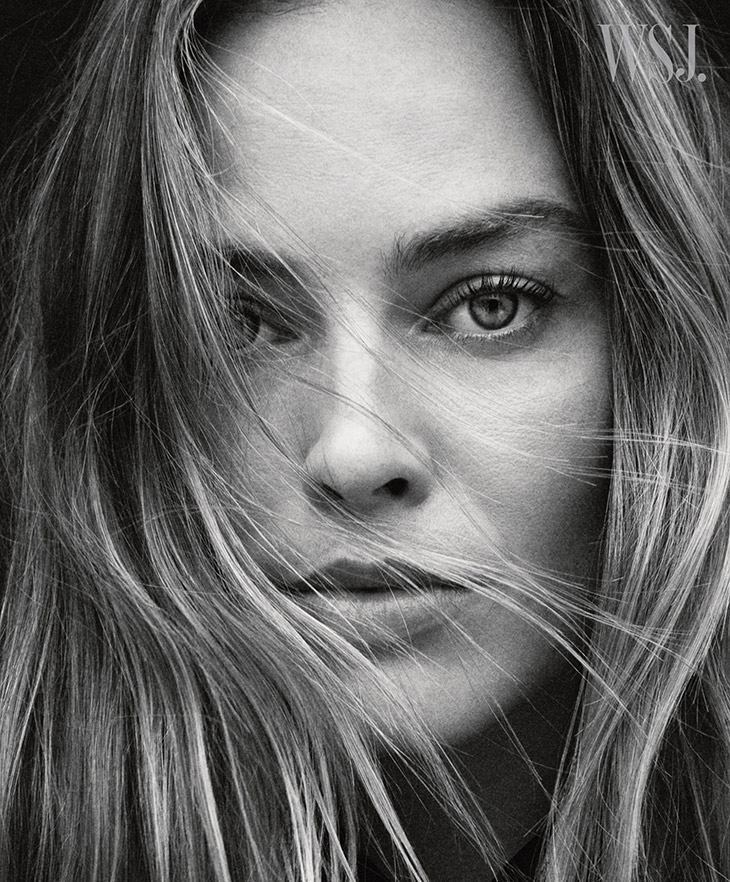
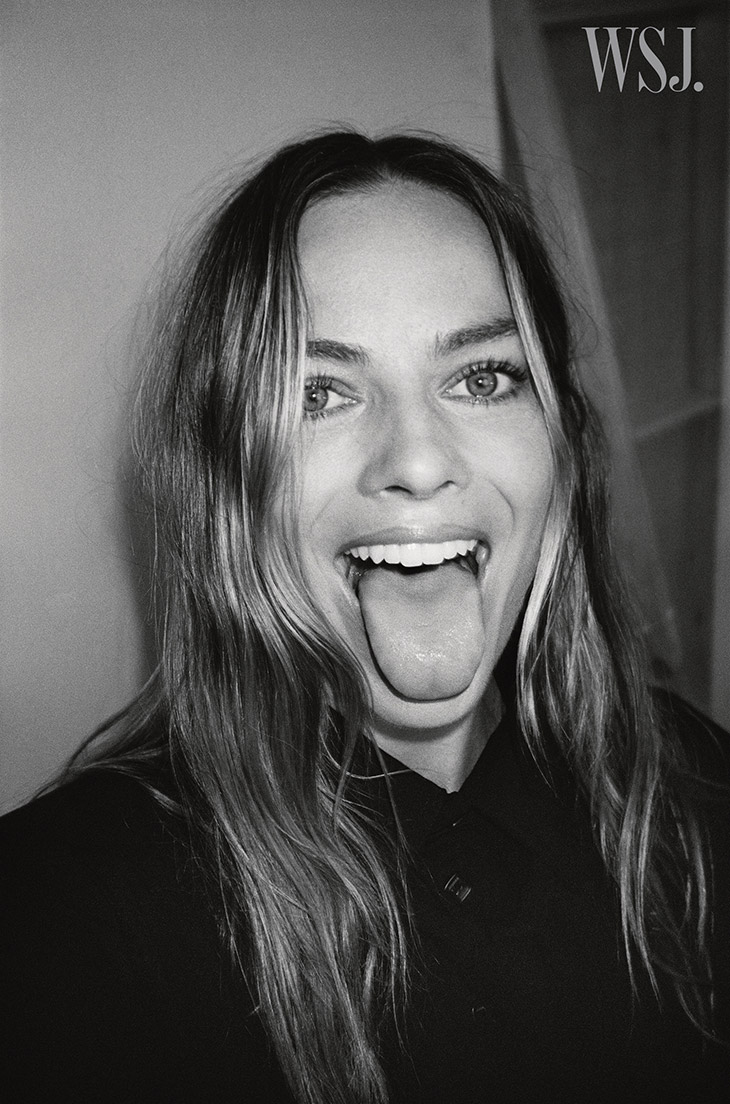
On LuckyChap’s first project, I, Tonya:
“They [were] like, ‘You can’t make that…. You’ve got 200-something scenes, several locations, it’s period,’” says Robbie. “We read it and were like, ‘But it’s just f—ing great; it’s the best script ever, so who cares?’” They snatched up the option.
On choosing projects:
Of the projects pitched to them, only “1 percent are the ‘f— yeses,’”
Emerald Fennel, director of LuckyChap’s A Promising Young Woman, on working with Robbie and the LuckyChap team:
“They’re not pandering to Hollywood or anyone else,” she says. “They stand behind you and don’t care if it gets them into trouble.” “They never made me feel like a little girl. They believed in me and helped me,” Fennell says. “I felt safe with them.” And in Hollywood, she says, “it’s no small thing.”
Greta Gerwig, director of LuckyChap’s upcoming Barbie project, on Robbie:
“Once they back a project, they back it all the way,” she says. As both an actor and producer, “Margot has a flash of certainty and then runs at it,” Gerwig says. “She doesn’t have a waffling aspect to her psyche.”
On the challenges of bankrolling female – led projects:
Today studios and production companies are considering more female directors and writers, says Robbie. “[But] it’s easy to put female names on a list,” she says. “It’s a bigger hurdle to get someone to bankroll [a] project. We still have a long way to go in that regard; that ship is going to take so much longer to course-correct.”
On female creatives developing similarly focused production companies (Eva Longoria’s UnbeliEVAble Entertainment, Ava DuVernay’s Array, Reese Witherspoon’s Hello Sunshine):
“it doesn’t feel like unhealthy competition,” says Robbie. “I’d be thrilled for even more female-led and female-driven companies to start. The more the merrier.”
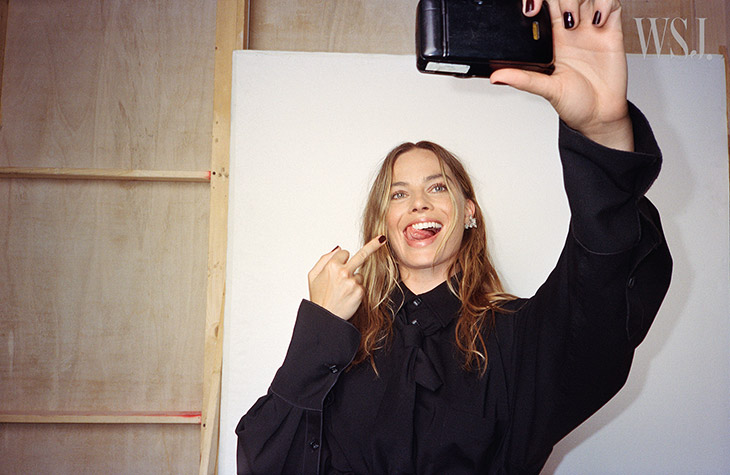
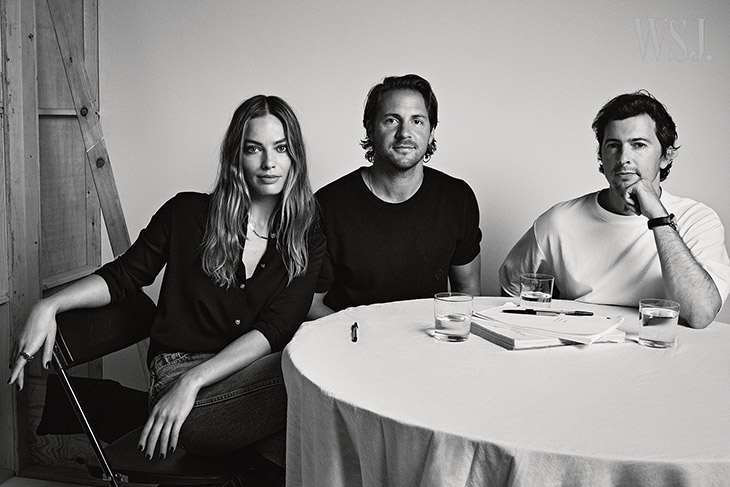
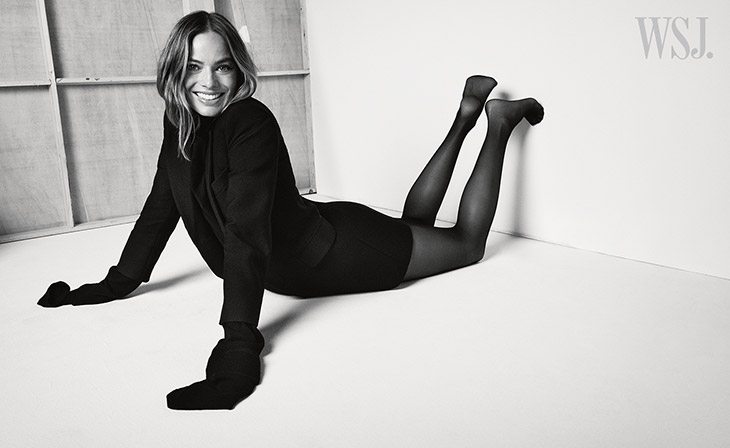
Damien Chazelle, director of Babylon, on Robbie:
Chazelle says that he approached Robbie about playing the role of Nellie LaRoy, a 1920s starlet in Hollywood as it made the seismic shift from silent films to talkies. For the film, Chazelle says that he has created a “no-holds barred, zero rules climate with a lot of extreme behavior,” and the role of LaRoy is “fully animalistic.”
“I needed someone…utterly fearless—I had a sense that she would attack it,” he says. “There’s this sort of ravenous physical bravado to her. On the other hand, she’s also the most technically skilled thespian you could hope to work with as a director.”
On her role in Babylon:
“I’ve never worked that hard in my life,” says Robbie of her role in Babylon. “[I was] shattered by the end of that job.”
On using animal archetypes for her roles:
She adds that she often channels animals to help her get into her roles. Babylon’s Nellie required two: an octopus (“She could be both fluid and transformative”) and a honey badger (“She is ready for a fight—constantly. They’re just so thick skinned”).
On her predilection for exhausting roles:
“I’m a masochist.” No matter how draining a role, she adds: “I can always find a fifth gear.”
On remaining tight lipped about the Barbie project:
For Robbie, Barbie was “the child” archetype. She won’t elaborate beyond that. The Barbie project is shrouded in secrecy. Public revelation of even the smallest detail ends up “blowing up into a headline,” Robbie says.
On why the Barbie project triggers so much interest:
“That’s why I, Tonya intrigued us so much— because people had such an immediate and strong reaction to the name ‘Tonya Harding,’” says Robbie. “It’s kind of amazing to begin at a place like that.” Barbie will also be unconventional; McNamara says it will “subvert expectations.”
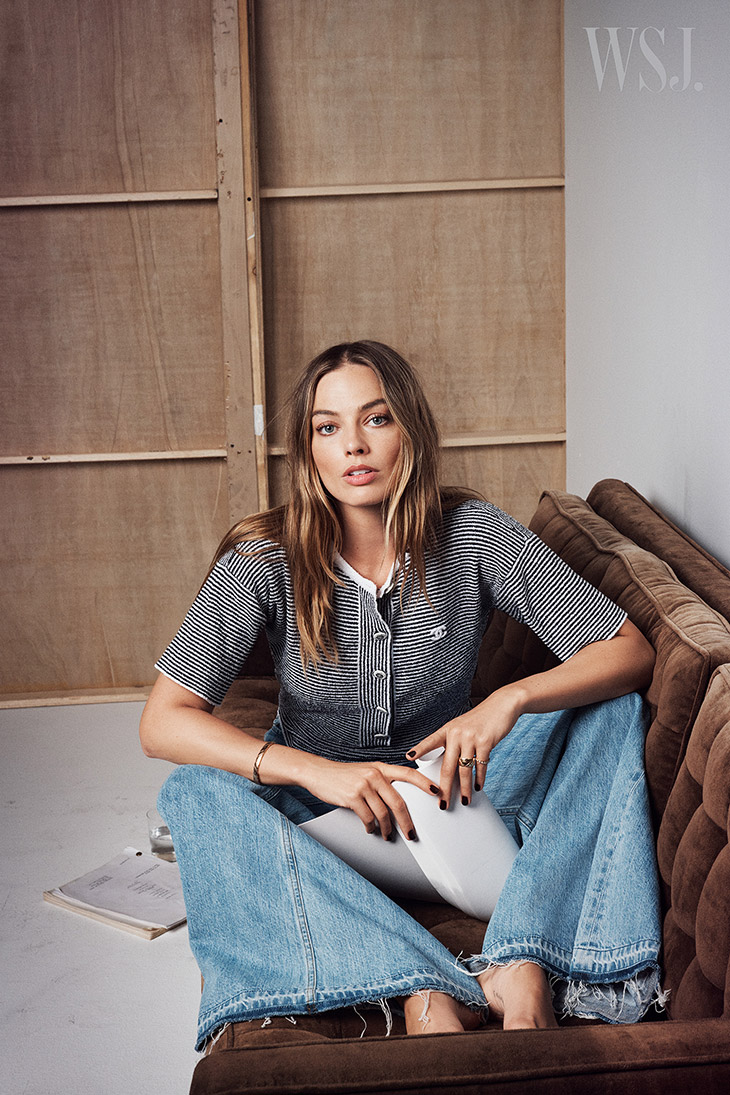
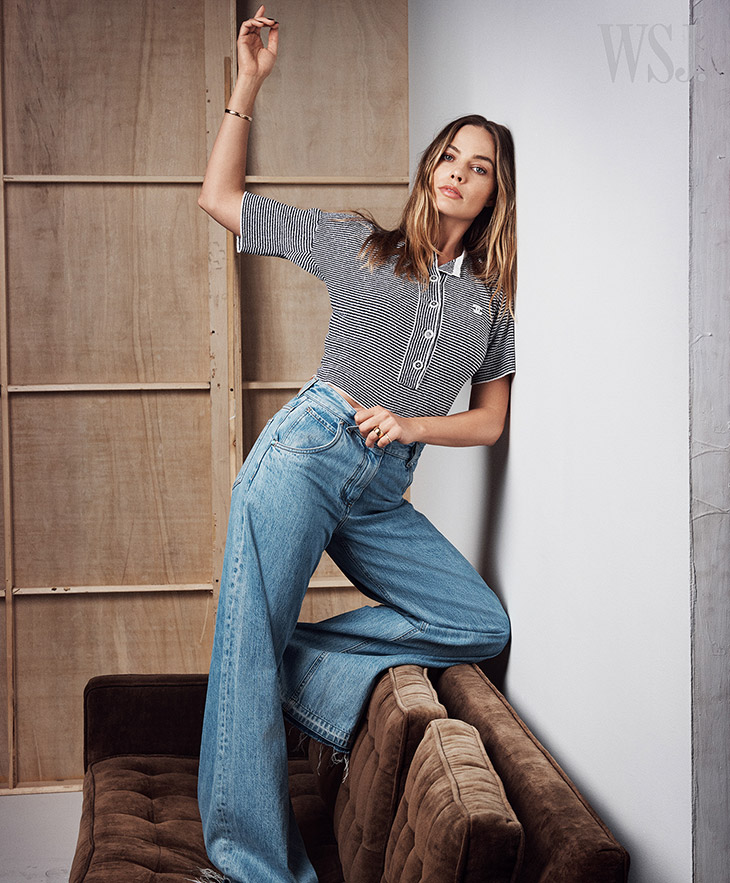
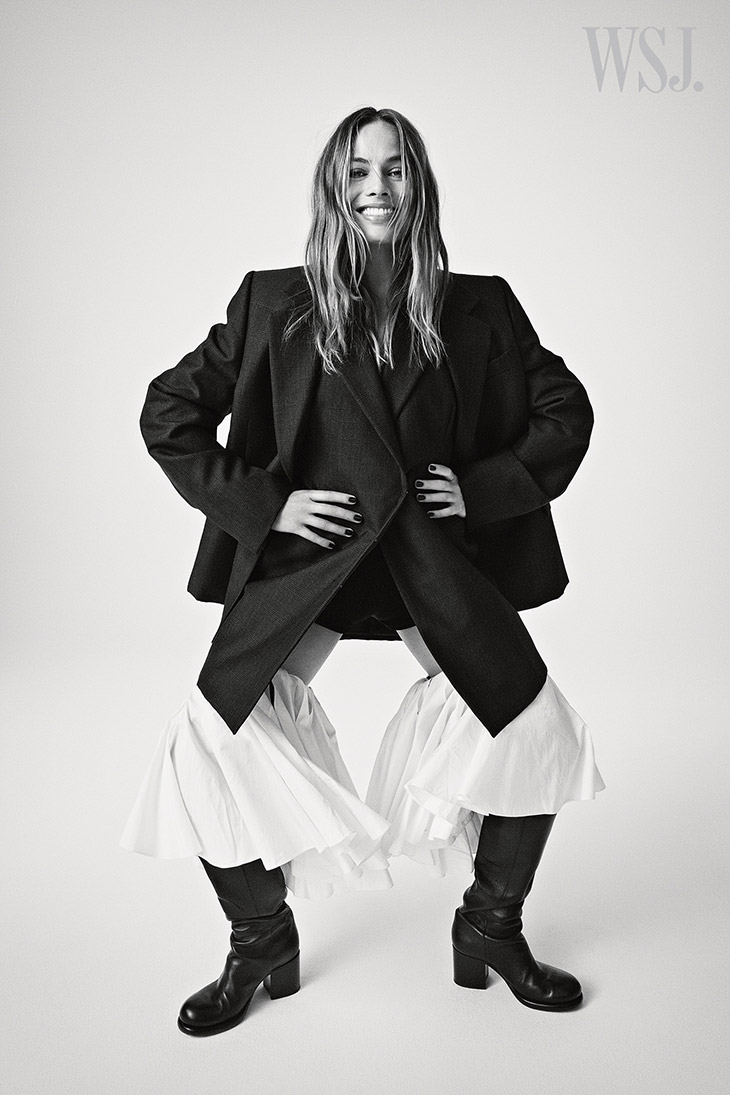
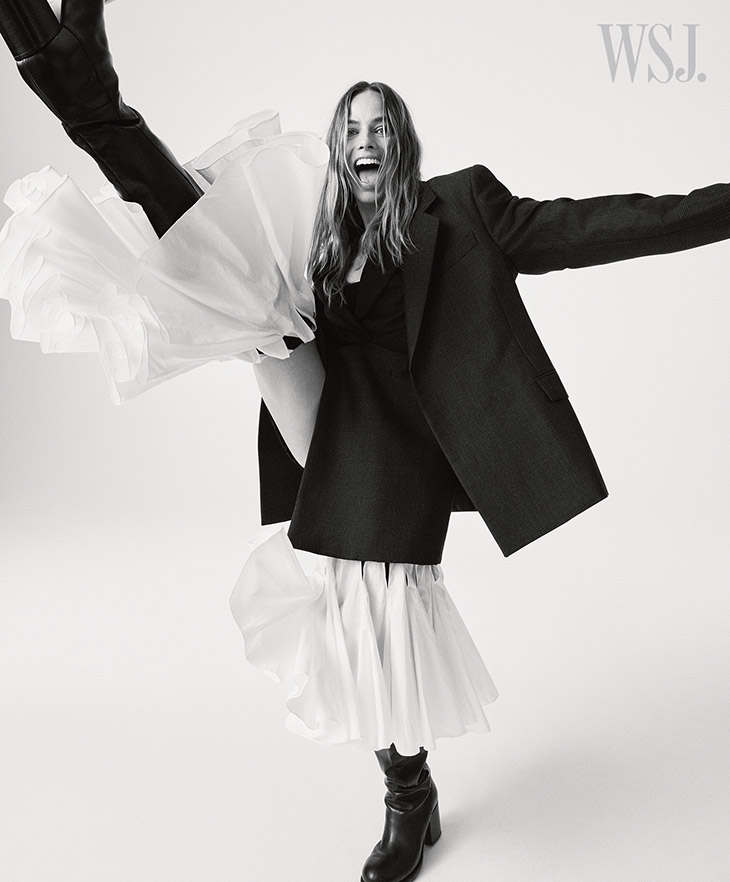
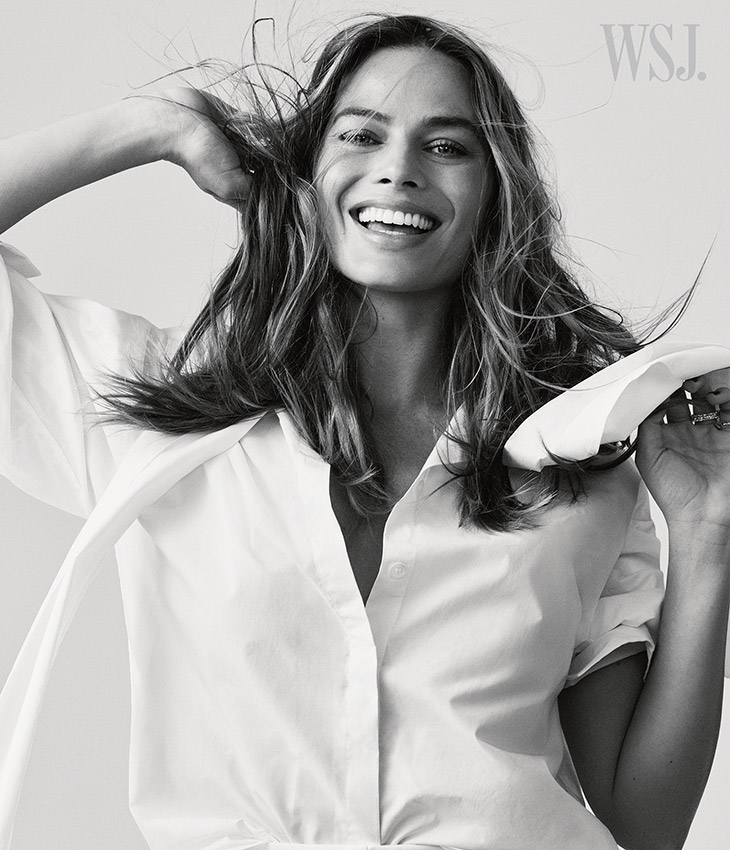
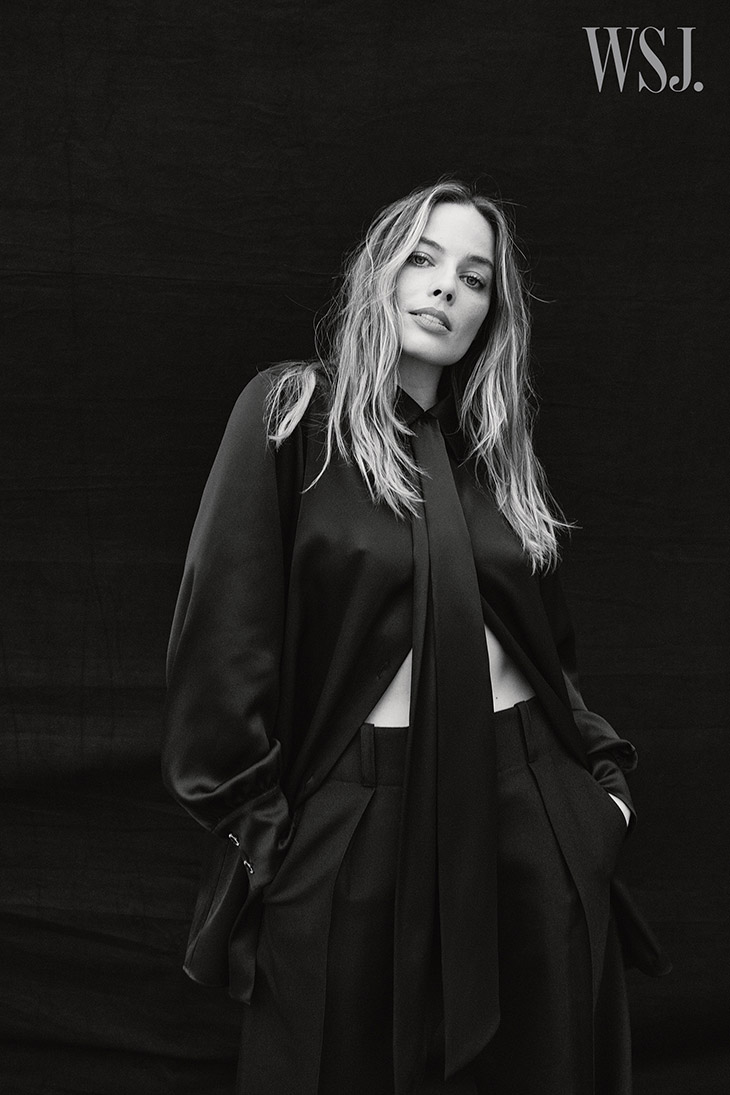
This article is featured in WSJ. Magazine’s November Issue out on newsstands Saturday, November 12th. Photography © Cass Bird for WSJ. Magazine, read more at wsj.com
